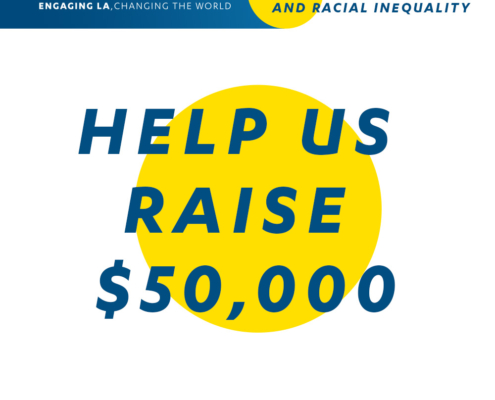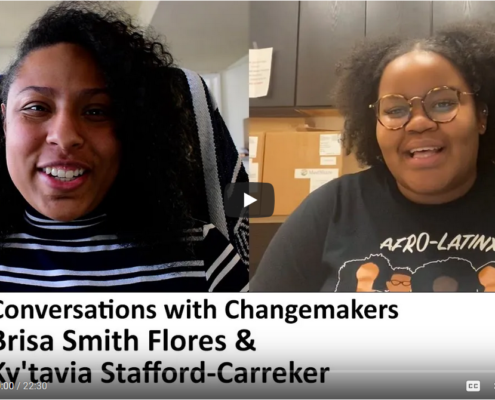Posts

LA Social Science Rising Scholars Series Featuring Graduate Students in the UCLA Race, Ethnicity, Politics, and Society Lab
LA Social Science visits the UCLA Race, Ethnicity, Politics…

Dean’s Fund for the Study of Diversity and Racial Inequality Accepting Grad Student Applications
In light of the reawakened reckoning on racial justice issues…

UCLA Division of Social Sciences Launches Dean’s Fund for the Study of Diversity and Racial Inequality
Supporting scholarship that examines a broad range of identities,…

LA Social Science Presents “Conversations with Changemakers” Featuring Students Discussing Afro-Latinx Identity
During Latinx Heritage Month, LA Social Science interviewed…

Reflecting on an Evening of Art, Health, & Thinking Gender
By Drew Westmoreland, MSPH, PhD 2018 Thinking Gender Coordinator Thinking…

